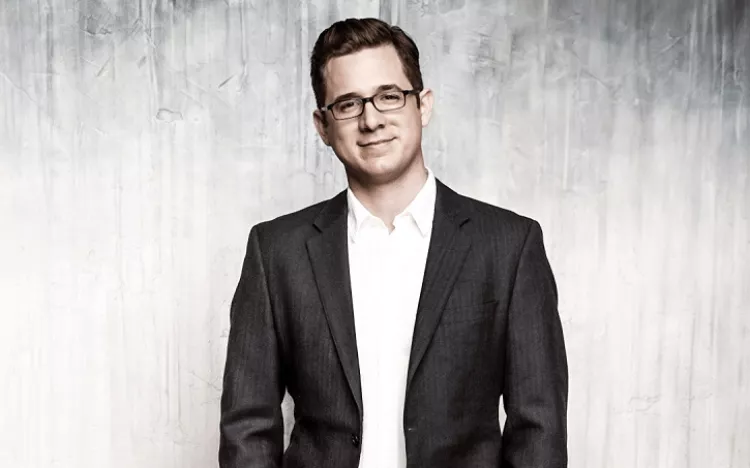
Cornell MBA Launches AgriTech Startup To Support US Farmers
he idea for agritech firm, ProducePay, was always sitting in the mind of Pablo Borquez Schwarzbeck. It’s the Cornell MBA though that brought the idea to fruition and allowed him to build the network that would get the business off the ground.
ProducePay is effectively a service provider for the fresh produce industry. They partner with farmers to allow them to properly trade their produce.
Studying the MBA at Cornell University’s Samuel Curtis Johnson Graduate School of Management was a decision for Pablo that came after a career in farming. He grew up in a fourth-generation farming family in north-western Mexico, and after college he went to work for a large produce distributor in an international grower relations role.
In that role he spent half the year travelling between Michigan, Mississippi, and California, and the next six months in South America, visiting farmers in Chile, Peru, and Uruguay.
“It allowed me to get the background that would ultimately be the genesis behind ProducePay,” he says. “I did that and then went to do the MBA at Cornell.”
While on the MBA he met Ali Hamed—the cofounder of CoVenture, a firm that invests in early-stage startups—who was a Cornell undergrad at the time. Ali was the first person to whom Pablo pitched ProducePay, and from that moment Ali became his mentor. To date, CoVenture are ProducePay’s biggest investor.
Developing the idea on the Cornell MBA
Pablo explains that he decided to study an MBA because he needed a higher level of business knowledge than he had at the time.
“I needed more sophistication in business analytics and the tools to understand better how businesses ultimately work, and what the key metrics and drivers should be to properly lead and manage a business.”
In developing his idea, Pablo wanted to solve the lack of transparency and flow of information in the fresh produce industry. Because farmers are dealing with a commodity that is perishable it is traded differently, Pablo explains. It hasn’t been looked at by investors with the same value as, say, grain or wheat—goods that aren’t as perishable.
ProducePay works with fresh produce farmers to underwrite their goods and help them leverage the capital they need to trade more effectively.
“Our job was to take the collateral and convert it into an asset class that traditional financial institutions could understand and invest in.”
“By doing so we give access to huge amounts of capital to the farming industry, which historically has been deprived of cash.”
On the Cornell MBA, Pablo says he took a class on the history of the financial markets, which helped him see how he could apply financial development to the produce industry.
“By getting more perspective from Cornell as to how some of these problems have been solved elsewhere, combined with my experience, I got to that aha moment.”
